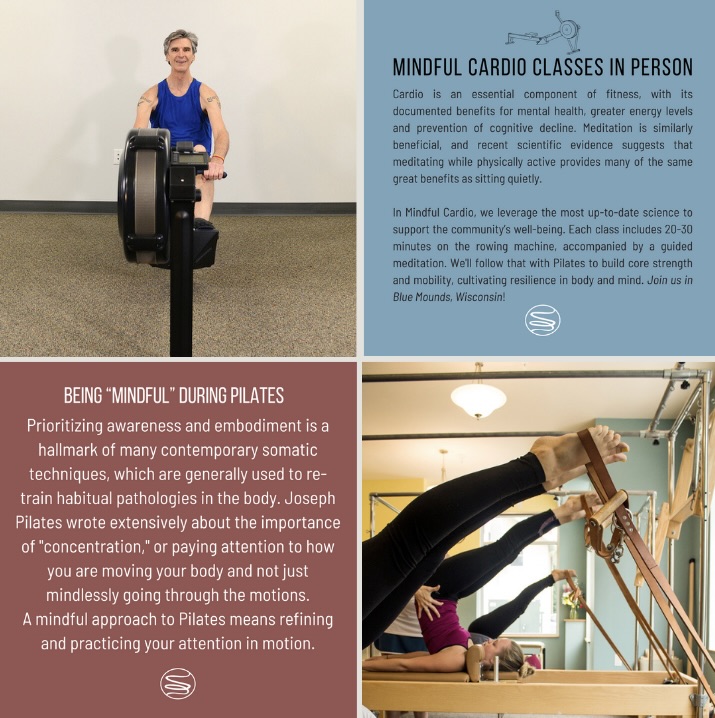Prelims - the next-step in doctoral work
The last 10% of a project often takes 90% of the effort. When renovating the building that became the Blue Mounds Movement Lab, I dreamily told anyone who would listen that the project was nearing completion once the walls were roughed in. While many friends gently reminded me of the unfortunate truth that the hardest work was yet to come, to a certain extent getting the walls roughed in really was a turning-of-the-corner. Once the walls were roughed in there was still a lot of work yet to be done, though I could really see and feel the finished product.
 |
| It felt done (even though it wasn't anywhere close to completion) |
In my doctoral work, I’m starting to get a sense of its completion, even though some of the hardest steps are in front of me. As I return to my studies and prepare for the final push, I’m starting to put the pieces into place in support of the challenging steps that are ahead of me. The walls are roughed in, even though there remains a lot of work ahead!
I’ve finished all of my coursework, and there are now a few major hurdles prior to crossing the doctoral finish line. In order, I need to take my preliminary exams, propose my dissertation, write the dissertation and then defend it. If all goes according to plan, this will take 12-24 months to complete.
Since the preliminary exams are the next major hurdle, they are currently my primary focus. For those who may be unfamiliar, what are the preliminary exams? In my department, the preliminary exams are a test on whether I have enough knowledge of my field to embark upon original research that contributes to the field of Kinesiology. This is done with two days of written exams, followed by a multi-hours oral exam. If I pass the preliminary exams, I get to embark upon dissertating. And if I don’t pass the preliminary exams? Well, as the old saying goes – don’t let the door hit you in the butt as you exit!
In my case, this not-low-stakes exam is assembled by a committee made up of three professors - two from the Kinesiology department, and one from the Psychology/Neuroscience realm. Each professor assembles a lengthy reading list. This reading list contains materials that they each consider essential for me to know prior to embarking upon original research. I’m then given a few months to study these materials.
After a few months of intensive study, I demonstrate my knowledge (or lack, thereof) in two 8-hour days of written exams, which is then followed a week or two later by an hours-long oral exam. The oral exam probes more deeply into the strengths, and in particular, the weaknesses, of my knowledge base. Successful completion of the prelims, as they’re often called, is a prerequisite for continuing along the doctoral path.
No pressure! I’m currently awaiting the reading lists from the members of my prelims committee, and am now putting plans and strategies into place for managing my time and distractions. In the coming months, I plan to share my time-management strategies, successes (and failures) related to this challenging next-step.
I’ll continue working a combined full-time with my teaching at Pilates on Harrison, my work at the University of Wisconsin – Madison, and facilitating Tergar Meditation Community events. The next few months promise to be busy, though I have some well-tested strategies to manage time and energy that I plan to fully employ. In the coming weeks and months, I look forward to sharing the strategies that are working for me, those strategies that aren’t so helpful, along with commentary on what I’m learning. I look forward to getting back into the blogging/vlogging swing of things!



Comments